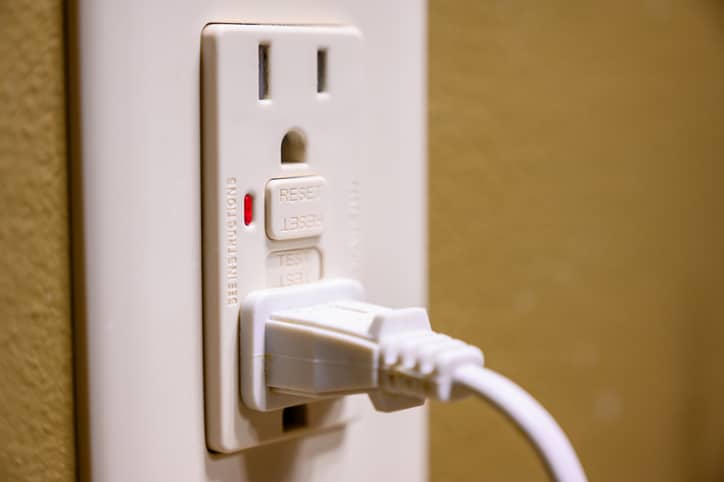In today’s modern world, electricity is an integral part of our lives. We rely on it to power our homes, appliances, and technology. However, it’s crucial to prioritize electrical safety in the home to ensure the well-being of our loved ones and protect our property from potential hazards. That’s why we’ve compiled a comprehensive guide that covers everything you need to know about electrical safety at home.
Why is Electrical Safety in the Home Important?
Electricity is a powerful force that should never be underestimated. Improper handling or negligence when it comes to electrical safety at home can lead to devastating consequences, including:
1. Electric shock: Contact with live electricity can cause severe injuries, ranging from minor burns to cardiac arrest and even death.
2. Fire hazards: Faulty electrical wiring or overloaded circuits can spark fires that spread rapidly and destroy homes and possessions.
3. Damage to electrical devices: Power surges or improper usage can damage expensive appliances, leading to costly repairs or replacements.
By implementing effective electrical safety measures, you can significantly reduce the risk of such hazards and enjoy peace of mind within the comfort of your own home.
Essential Electrical safety tips to Implement at Home:
1. Ensure professional installation: When it comes to electrical work, always rely on certified electricians to handle the installation of wiring, outlets, and other electrical components in your home. Their expertise will ensure that everything is up to code and installed safely.
2. Regular inspections: Schedule periodic inspections to identify any potential wiring issues, aging components, or overloaded circuits. This proactive approach can prevent accidents before they happen.
3. Childproof outlets: Install tamper-resistant outlets, which have built-in safety mechanisms that prevent children from inserting foreign objects into them. This significantly reduces the risk of electric shock accidents.
4. Proper use of extension cords: Extension cords are a common solution to reach electrical outlets in distant areas. However, it’s essential to avoid overloading them and never use them as a permanent solution. Professionals can install additional outlets in those areas to ensure safety.
5. Use surge protectors: Invest in quality surge protectors to safeguard your valuable electronic devices from power surges. These protectors absorb excess voltage and protect your devices from potential damage.
6. Unplug when not in use: When appliances and electronic devices are not in use, unplug them from electrical outlets. This not only saves energy but also eliminates the risk of electrical fires caused by faulty appliances.
7. Educate your family: Ensure that every family member, including children, understands the importance of electrical safety at home. Teach them about the dangers associated with electricity and how to use electrical devices responsibly.
Final Thoughts
Electrical safety in the home is not something to be taken lightly. By implementing the tips mentioned above, you can create a safe environment for your family and protect your property from potential hazards. Remember, it’s better to be proactive and prevent accidents before they happen rather than dealing with the devastating consequences later.
Investing in the services of a professional electrician for installation and periodic inspections is a small price to pay for the peace of mind that comes with knowing your home is safe. So, prioritize electrical safety at home today and protect what matters most to you!

